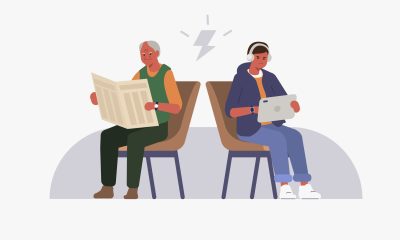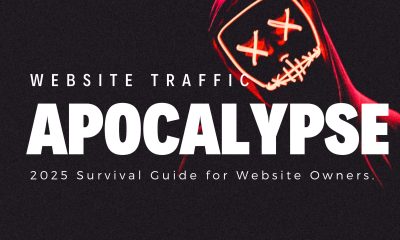Investing
Aid agency urges Johnson & Johnson to improve access to tuberculosis drug

© Reuters. FILE PHOTO:The logo of Johnson & Johnson is seen on a Brussels’ office of the company in Diegem, Belgium September 21, 2023. REUTERS/Yves Herman/File Photo
GENEVA (Reuters) -Global health aid agency Unitaid has written to Johnson & Johnson (NYSE:)’s (J&J) CEO Joaquin Duato, urging “immediate action” to expand access to the company’s tuberculosis drug bedaquiline, which is protected by patents hindering generic alternatives.
While J&J has already lowered the price of bedaquiline which is used to treat drug-resistant tuberculosis (DR-TB), Unitaid said this was an “incomplete solution” and countries like South Africa, Belarus and Ukraine were not benefiting.
“Today Johnson & Johnson continues to enforce secondary patents in many of the countries with the highest burden of DR-TB, hindering generic manufacturer competition and impeding broader access to this critical medicine,” said the letter, signed by Unitaid’s Executive Director Philippe Duneton.
The agency is urging J&J to remove all secondary patents and ensure that lower prices are available to all countries with high TB cases.
J&J did not immediately respond to a request for comment.
A Unitaid spokesperson said it was unusual for the aid agency to publish its communications with the heads of pharmaceutical companies and it had done so because of the importance of the issue.
Earlier this month there was a high-level meeting on TB at the UN General Assembly, and advocates hope for more of a focus on the disease and better access to treatments.
TB, a bacterial disease that mostly affects the lungs, is preventable and treatable, but 10 million people catch it annually. Around 1.6 million people died from TB in 2021, almost entirely in low and middle-income countries, according to the World Health Organization (WHO).
Multi-drug-resistant TB – a form of the disease that doesn’t respond to the standard drugs – is described by WHO as a “public health crisis”, with only 1 in 3 people who needed treatment in 2021 managing to access it.
Read the full article here

-

 Investing6 days ago
Investing6 days agoBank regulator gives BlackRock new deadline on bank stakes, Bloomberg reports By Reuters
-

 Side Hustles5 days ago
Side Hustles5 days agoHow to Craft Marketing Campaigns That Reach Multiple Generations
-

 Side Hustles5 days ago
Side Hustles5 days agoLA Rental Prices Skyrocketing Despite Price Gouging Laws
-

 Side Hustles6 days ago
Side Hustles6 days agoFormer Zillow Execs Target $1.3T Market
-

 Side Hustles2 days ago
Side Hustles2 days agoWhy the Best CEOs Think Like Anthropologists
-

 Make Money6 days ago
Make Money6 days agoGrandma’s Fortune: 9 Surprising Heirlooms Worth Serious Money
-

 Side Hustles3 days ago
Side Hustles3 days ago10 Roles That Are Surprisingly Well-Suited for Outsourcing
-

 Side Hustles3 days ago
Side Hustles3 days agoWhat to Do If TikTok is Banned — How to Protect Your Brand


















